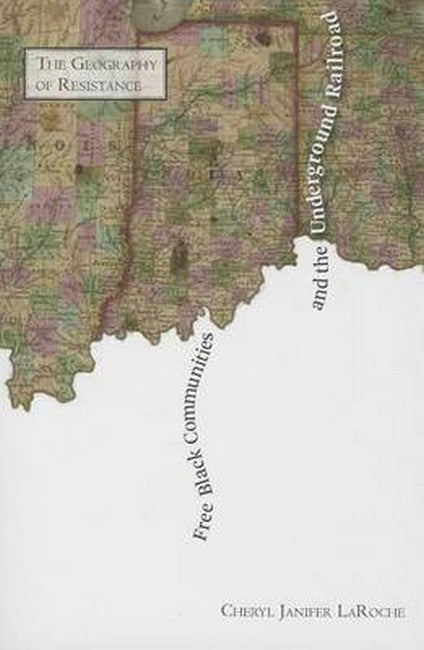This enlightening study employs the tools of archaeology to uncover a new historical perspective on the Underground Railroad. Unlike previous histories of the Underground Railroad, which have focused on frightened fugitive slaves and their benevolent abolitionist accomplices, Cheryl LaRoche focuses instead on free African American communities, the crucial help they provided to individuals fleeing slavery, and the terrain where those flights to freedom occurred. This study foregrounds several small, rural hamlets on the treacherous southern edge of the free North in Illinois, Indiana, and Ohio. LaRoche demonstrates how landscape features such as waterways, iron forges, and caves played a key role in the conduct and effectiveness of the Underground Railroad. Rich in oral histories, maps, memoirs, and archaeological investigations, this examination of the ''geography of resistance'' tells the new powerful and inspiring story of African Americans ensuring their own liberation in the midst of oppression.

